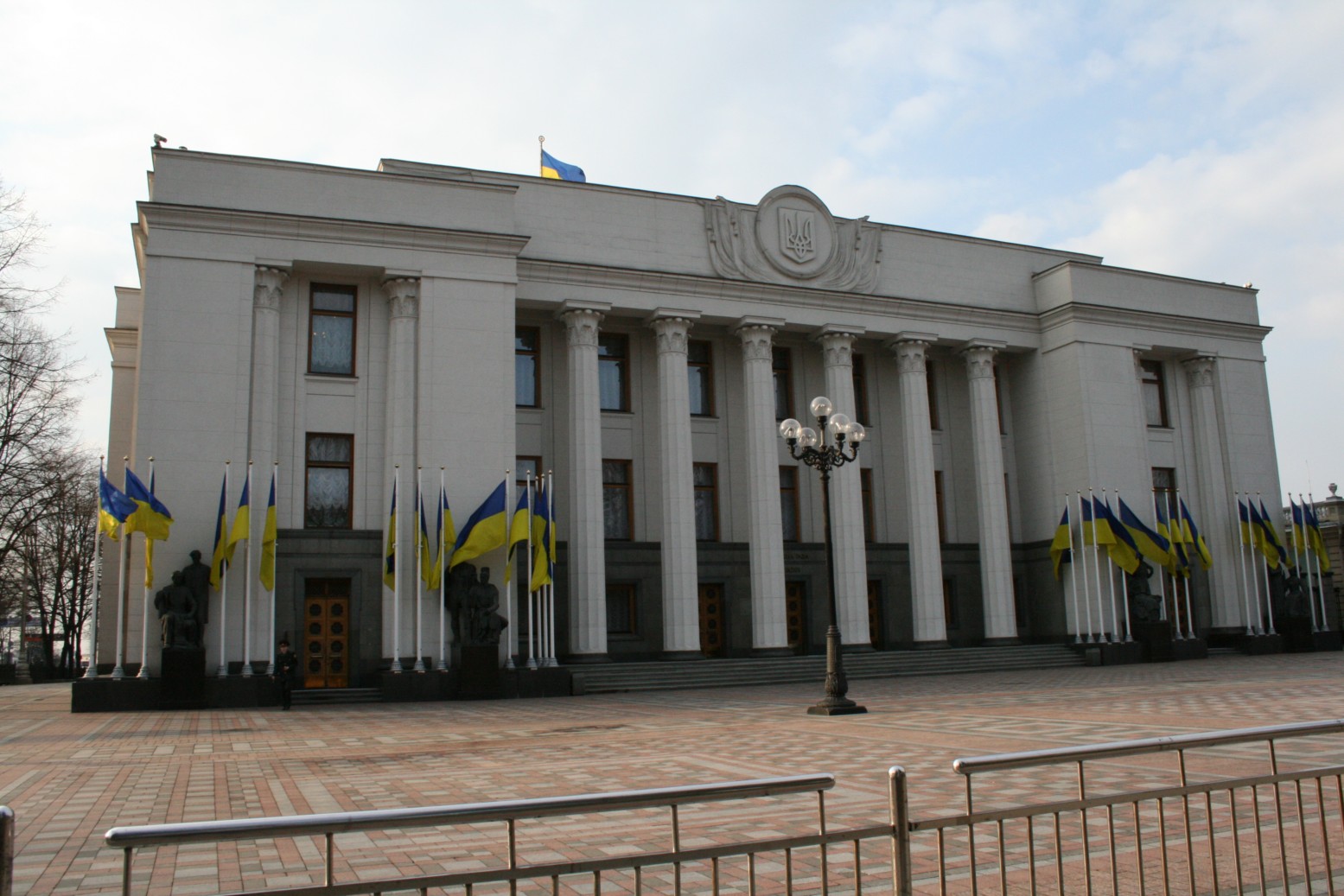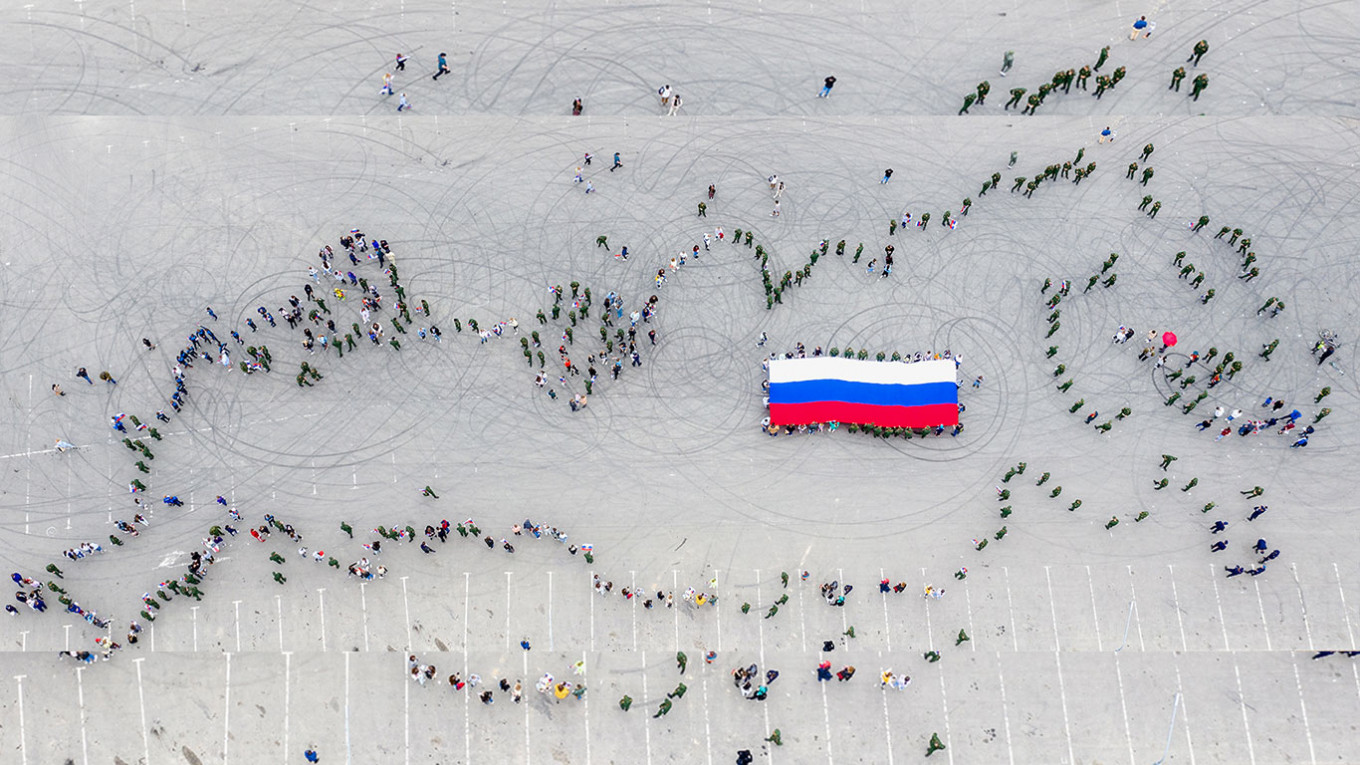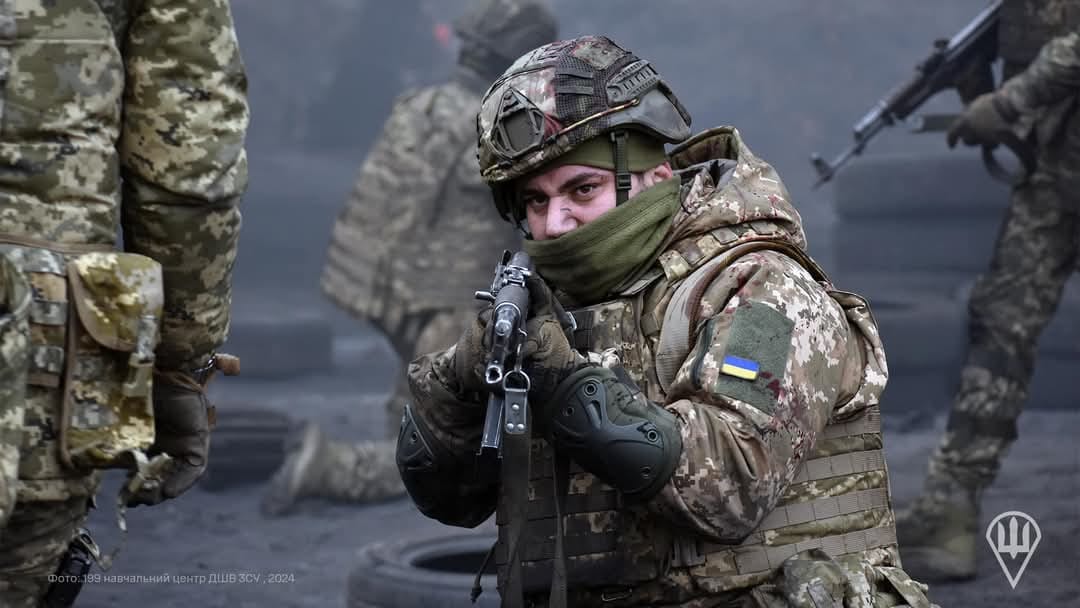
Violations, Strong Showing of Radicals Spoil Ukrainian Election
Violations, Strong Showing of Radicals Spoil Ukrainian Election
The parliamentary election on October 28 disillusioned those who hoped for progress in Ukraine after the botched election to the regional and municipal councils in 2010. Like two years ago, radicals performed better than expected while the lack of a level playing field and the immature political culture spoiled the election. As a result, a victory by the ruling Party of Regions (PRU) has been Pyrrhic. Despite the PRU holding on to its majority, the opposition looks stronger and more unified now than before the election. In addition, the European Union will hardly agree to sign an association and free trade agreement with Ukraine after such an election.
Popular disillusionment with the ruling PRU and the main opposition party Fatherland, which is headed by the imprisoned former Prime Minister Yulia Tymoshenko, as well as the removal last year of the option to vote against all candidates prompted many disgruntled Ukrainians to cast their ballots for radicals. As a result, the Communists (CPU) came in fourth among parties with 13.2 percent, almost tripling their result from the previous election in 2007. And the far-right party Freedom (Svoboda) was elected to parliament for the first time ever with 10.4 percent of the vote, compared to less than 1 percent in 2007. The PRU, Fatherland and the new party Punch (Udar), headed by world heavyweight boxing champion Vitaly Klichko, mustered, respectively, 30.0, 25.5 and 14.0 percent of the votes cast (cvk.gov.ua, November 5).
These results will do nothing to improve Ukraine’s relations with its Western neighbors. Both the CPU and Freedom are anti-market forces that favor nationalization of selected industries and cancellation of the recent taxation and pension reforms, which were approved by international financial organizations. While the CPU is famously anti-Western, Freedom is skeptical about Western values and openly xenophobic. Its leaders made anti-Semitic statements in the past, which has prompted Israel and Jewish organizations to express concern over Freedom’s election to parliament. Israeli Ambassador Reuven Din-El, the Anti-Defamation League as well as the Moscow-based movement World Without Nazism expressed concern over Freedom’s election and Fatherland’s cooperation with Freedom (zn.ua, Interfax-Ukraine October 30; Ukrinform, November 3).
Prime Minister Mykola Azarov, who chairs the PRU, has said the October 28 polls were “a classic example of conducting a free democratic election” (UNIAN, October 30). CIS observers Russia and Belarus shared this opinion (RIA Novosti, October 30). At the same time, Tymoshenko and CPU leader Petro Symonenko claimed this was the dirtiest election campaign in Ukraine ever (Interfax-Ukraine, October 30). The West is closer to Tymoshenko’s point of view. The Organization for Security and Cooperation in Europe (OSCE), European Parliament President Martin Schulz and the US State Department agreed that vote-buying, unequal access to the media and the abuse of administrative resources meant that this election was a step back compared to the parliamentary elections in 2006 and 2007 as well as the presidential election in 2010 (Interfax-Ukraine, October 29; Ukrainska Pravda, October 30).
This prompted angry reactions from Kyiv. Azarov told US Ambassador John Tefft that Western observers were biased (Ukrainska Pravda, October 30). The Foreign Ministry said it was “astonished” by the US State Department’s assessment and rejected the OSCE’s evaluation as “groundless and biased” (Interfax-Ukraine, October 31, November 2). Kyiv’s main argument has been that the election was free and fair because the official results are almost identical to exit poll predictions. Exit polls did accurately predict the party race results, but the violations reported by foreign and domestic observers referred mainly to the individual races in which half of the 450-seat parliament was elected.
The true scale of violations in those races became vivid when local commissions started to count votes. In several highly contested single-mandate districts, the opposition accused pro-government candidates of trying to distort the results with the help of their representatives on the electoral commissions, and both sides used militants in several districts in order to intimidate each other and the commissions. As a result, the vote count was delayed and in several cases boxes with ballots were tampered with (Ukrainska Pravda, November 1–4). This prompted Fatherland and Punch to speak in favor of annulling the election results. Punch, the party dissatisfied with the results most of all as it scored less than pre-election opinion polls had predicted, has called on the Central Electoral Commission to abstain from announcing the election results and on parliament to call a new election (Ukrainska Pravda, November 4).
The legal mechanism to annul the results is too complicated to implement. The opposition apparently hopes to influence international opinion so that the election should not be recognized as free and fair. On Sunday, Polish President Bronislaw Komorowski told Ukrainian President Viktor Yanukovych by phone that the recent events might prompt the EU to further delay the signing of an association and free trade agreement with Ukraine (polradio.pl/5, November 4). This is a bad signal for Kyiv as Poland during the first week after voting day seemed to be one of the few European Union countries inclined not to judge the Ukrainian government severely for another botched election.


